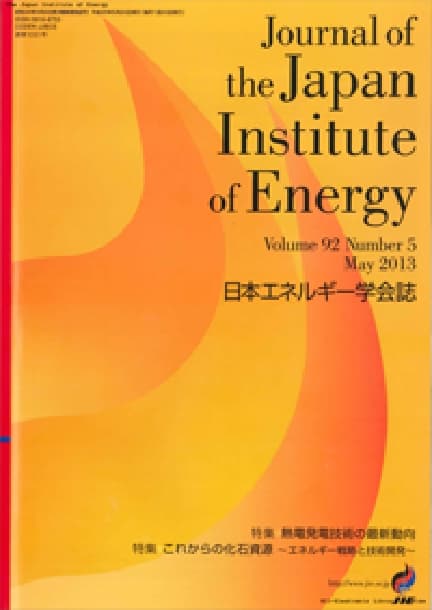A Current Review of Social Impact Assessment on Sustainable Biomass/Biofuel Development
Shinichirou MORIMOTO, Koichi MIYAMOTO
pp. 133-139
DOI:
10.3775/jie.88.133Abstract
Global production of biomass and biofuel are growing rapidly, due to the increases in the price of fossil fuels, growing environmental concerns, and considerations regarding the security and diversification of energy supply. However, the production of biomass energy crops and removal of biomass residues from forest and agricultural systems for energy production can result negative environmental, economical, or social impact. Therefore, sustainable development of biomass and biofuel are the major issue in order to increase the production of biomass and biofuel. This paper aims to review the current assessment study on sustainable development of biomass and biofuel, especially about social impact which is not widely known comparing with environmental and economical impact. Furthermore, the key factor of social impact assessment on sustainable biomass and biofuel development is analyzed in order to apply the result of assessment for development of biomass and biofuel certification and planning of energy policy.
Readers Who Read This Article Also Read
Journal of the Japan Institute of Energy Vol.85(2006), No.7
Journal of the Japan Institute of Energy Vol.87(2008), No.9
Journal of the Japan Institute of Energy Vol.88(2009), No.2










